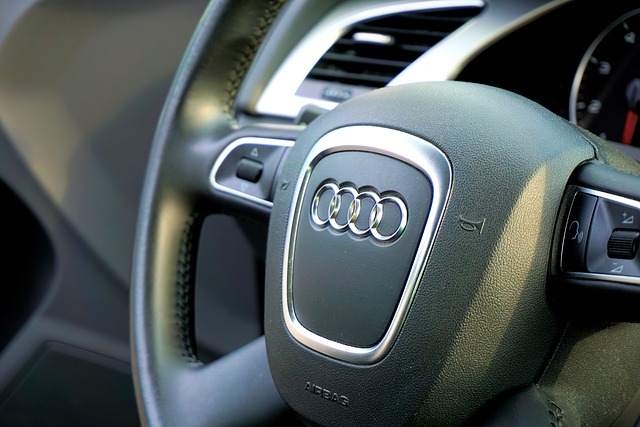“Unraveling the distinction between HP (Human Performance) and PCP (Performance Contracting) is pivotal for businesses, especially in the UK, navigating performance-based contracts. While PCP claims focus on monetary incentives tied to specific outcomes, HP emphasizes improving human capabilities and overall performance. This article delves into these concepts, exploring their unique aspects, benefits, and implications for UK businesses looking to optimize their operations through strategic partnerships.”

In the context of personal injury claims in the UK, understanding the distinctions between HP (Hybrid Claims) and PCP (Personal Injury Protection) is vital for claimants. While both concepts revolve around seeking compensation for injuries sustained, they differ in approach and eligibility criteria. HP claims often involve a combination of medical expenses and general damages, where the claimant can pursue separate legal actions or settle with a single offer that incorporates both elements. This method allows for more flexibility in managing legal costs and potentially securing a faster resolution.
On the other hand, PCP claims are specifically designed to streamline the process for personal injury victims, focusing primarily on the recovery of medical expenses and care costs. With PCP, claimants can make a single claim to their insurance provider or the at-fault party’s insurer, covering all eligible expenses related to treatment and rehabilitation. This simplifies the claims process, especially in cases where extensive medical attention is required, by consolidating various aspects of the claim into one manageable PCP claim, enhancing efficiency and accessibility for UK residents pursuing pcp claims.
model 'aya-expanse' not found

When navigating the realm of personal injury claims in the UK, understanding the distinction between HP (Hurt Person) and PCP (Personal Injury Protection) is crucial. The ‘aya-expanse’ model, while intriguing, is currently not a recognized or defined concept within this context, so we’ll steer clear of that labyrinthine topic for now. In terms of pcp claims, specifically those made under the Personal Injury Protection scheme, it’s important to recognize how they differ from HP claims.
PCP claims focus on ensuring individuals are compensated for their injuries and related expenses, including medical bills and lost income, regardless of fault. This acts as a safety net, providing peace of mind that victims will receive support during their recovery. In contrast, HP (Hurt Person) claims often require establishing liability, meaning proving someone else’s negligence caused the injury. While PCP claims offer a more straightforward route to compensation for UK residents making pcp claims, understanding these nuances is essential when deciding on the best course of action following an accident.
In understanding the distinction between HP (Human Performance) and PCP (Performance Enhancement) claims, especially in the UK, it’s crucial to grasp that while PCP aims to surpass natural abilities through external means, HP focuses on optimizing human potential. PCP claims often attract scrutiny due to ethical concerns, whereas HP promotes a holistic approach to performance improvement, ensuring all practices remain within ethical and legal boundaries. For individuals navigating pcp claims in the UK, recognizing these differences is essential for making informed decisions regarding their health and well-being.
